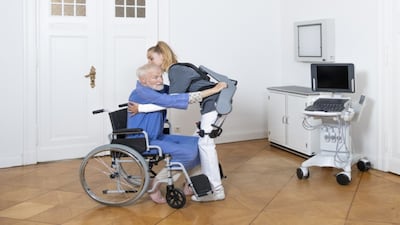Grafts and corruption. This is a problem in Europe, as in the rest of the world, medically speaking that is. Many prevalent diseases cause vessel damage that necessitates replacement vascular grafts, and a large number of manufacturers–CR Bard Inc. , Boston Scientific Corp. , B. Braun Melsungen AG , Cook Group Inc. , Cordis Corp. , WL Gore & Associates Inc. , DataScope Corp. , Medtronic Inc. and Terumo Corp. —have taken up the challenge of trying to meet the standards of Mother Nature in replacing damaged vessel segments. It’s tough to do, but the attempt has created a $343 million industry in Europe, and it’s growing, according to "The European Prosthetic Vascular Grafts Market," a report just issued by the Medtech Insight division of Windhover Information Inc.
In Europe, the number of patients receiving prosthetic vascular grafts is expected to increase due to the aging of the population and the growing incidence of diabetes, obesity, cardiovascular, and...
Read the full article – start your free trial today!
Join thousands of industry professionals who rely on Medtech Insight for daily insights
- Start your 7-day free trial
- Explore trusted news, analysis, and insights
- Access comprehensive global coverage
- Enjoy instant access – no credit card required
Already a subscriber?







